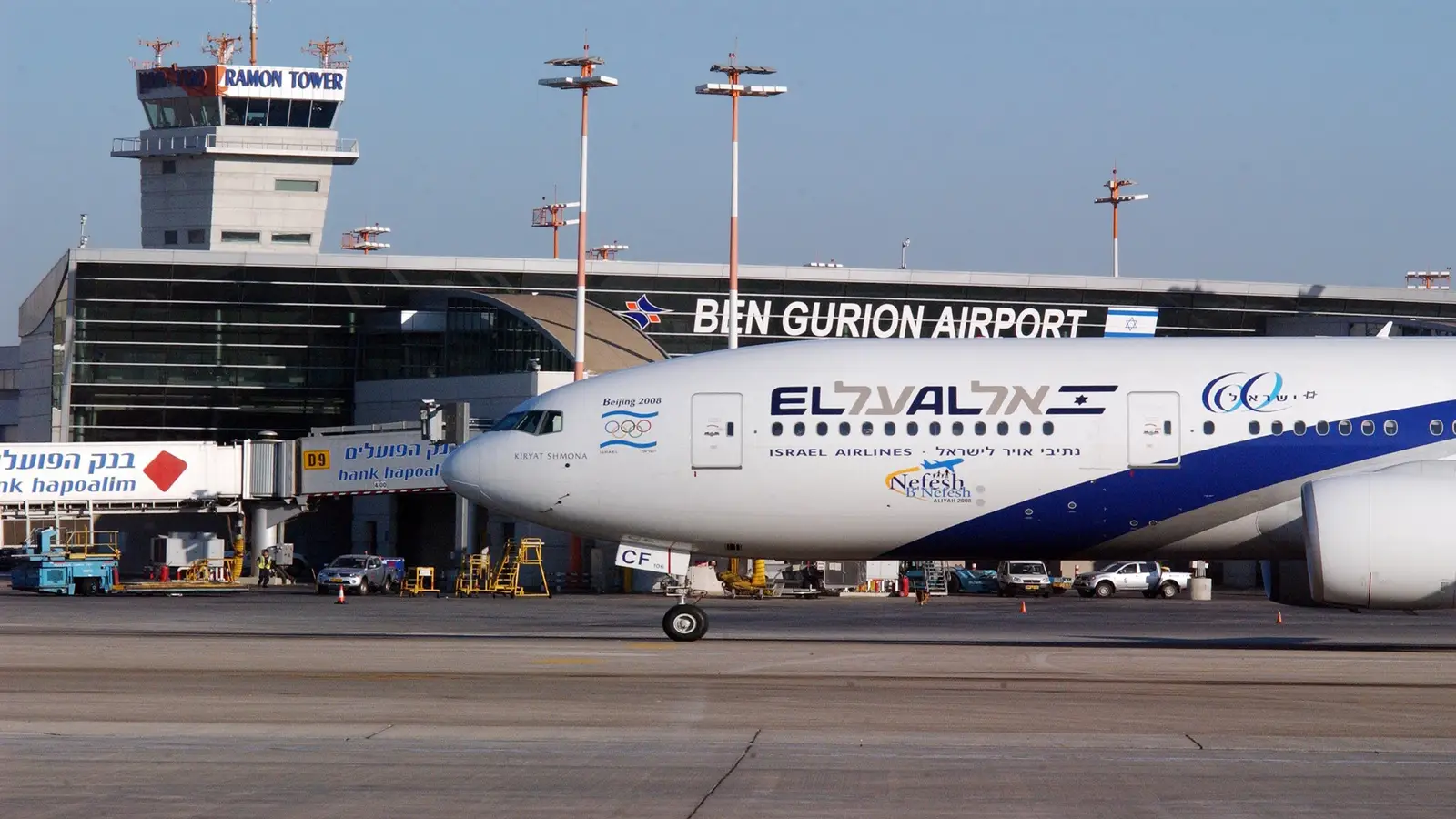Copyright Simple Flying

With Israel's main airport terminal having been forecasted to reach operational capacity by the end of the decade, a major expansion project has been approved. The upgrade will not only see the available operational area of the airport's Terminal 3 expand, but also upgrades in technology, which will allow for smoother traffic flow across various areas of the terminal. The project is valued at a cost of over $80 million, which will see an additional 7,000 square meters (75,347 square feet) of area added across various areas around Terminal 3 of the airport. TLV Terminal 3 Expansion Approved Data from the country's airports authority indicates that Israel's primary airport, Ben Gurion Airport (TLV) is set to reach its operational capacity by 2030, which has resulted in a multi-million dollar airport expansion program being approved. Reports from The Jerusalem Post, on Wednesday, reported that the project cost is approximated to be $83 million, which will see 7,000 square meters (75,347 square feet) in surface area expansion across various areas of the airport's Terminal 3. The expansion will see the additional areas being added across all four floors of Terminal 3, along with upgrades to facilities across the terminal, such as the border control, security screening areas, and a new entry gate for inbound passengers. Additional area enlargements will also be seen in other facilities of the airport, such as the duty-free food court, which will see an increase in the variety of cafes and restaurants, enhancing passenger experience. A statement from the airports authority in the Jerusalem Post read, "The expansion of Terminal 3 is part of a multi-year plan to upgrade Ben Gurion Airport's infrastructure, improve passenger services, and support the continued growth of international passenger traffic to and from Israel." Expanding In The Next 30 Months The proposed plan will see the expansion project take place throughout the course of the next 30 months, during which time, it is reported that Terminal 3 of the airport will continue to remain operational. While this does raise logistical challenges, the organization in charge of performing the expansion project, Oron Infrastructure, aims to coordinate closely with the airport and ensure services remain uninterrupted throughout this duration. Data shows that in August this year, the airport handled 2.26 million passengers (inbound and outbound), while the forecast shows that by 2030, the airport will see over 40 million passengers passing through annually, which would put the airport at its capacity limits. Therefore, these expansions will not only improve passenger experience at the terminal but also increase capacity to facilitate more passengers and enhance traffic flow. Apart from the Terminal 3 expansion project at TLV, reports from Reuters earlier in the year indicate that Israel's Economic Affairs Committee has also provided its final approval to a plan that would see another international airport being built in the country, which would not only see traffic alleviation from TLV but also create around 50,000 jobs in the surrounding community. Carriers Are Gradually Returning To TLV Considering the political unrest in the region in recent times, significant operational disruptions were experienced by not just the airport, but also the wider region, which saw flights diverting, getting canceled, or, in some cases, services getting suspended. However, carriers have been gradually returning to the airport, while some airlines have announced their return in the coming year. The two latest carriers to announce their return are the US-based carriers, Delta Air Lines (from Atlanta) and American Airlines (from JFK), who aim to relaunch services to TLV in the Fall and Spring of 2026, respectively. It is worth noting that Delta has already relaunched services from JFK to TLV in September. Additionally, both carriers are also planning further services into TLV, with Delta aiming for services from Boston as well, while American Airlines is looking into the potential for services from Los Angeles. Alternatively, when looking at European carriers, while the airport lost 22 services from Ryanair this Winter season, fellow European carrier Wizz Air is increasing its services into TLV, increasing the seat deployed by over 240% compared to Winter 2024. Additionally, Wizz is also aiming to launch a base at Tel Aviv, which, if it comes to fruition, will see the presence and capacity offered by the airline in TLV increase significantly. Overall, these data indicate that the airport is set to receive more services from carriers, which naturally means more passenger traffic within the terminals, in the coming years, which would benefit from the expansion and upgrades in the terminal.



